Delays plague Pakistan’s election tribunals 18 months after 2024 vote
PTI-backed candidates filed most petitions, but only three have been accepted by tribunals so far

Asma Kundi
Producer, Islamabad
Asma Kundi is a multimedia broadcast journalist with an experience of almost 15 years. Served national and international media industry as reporter, producer and news editor.
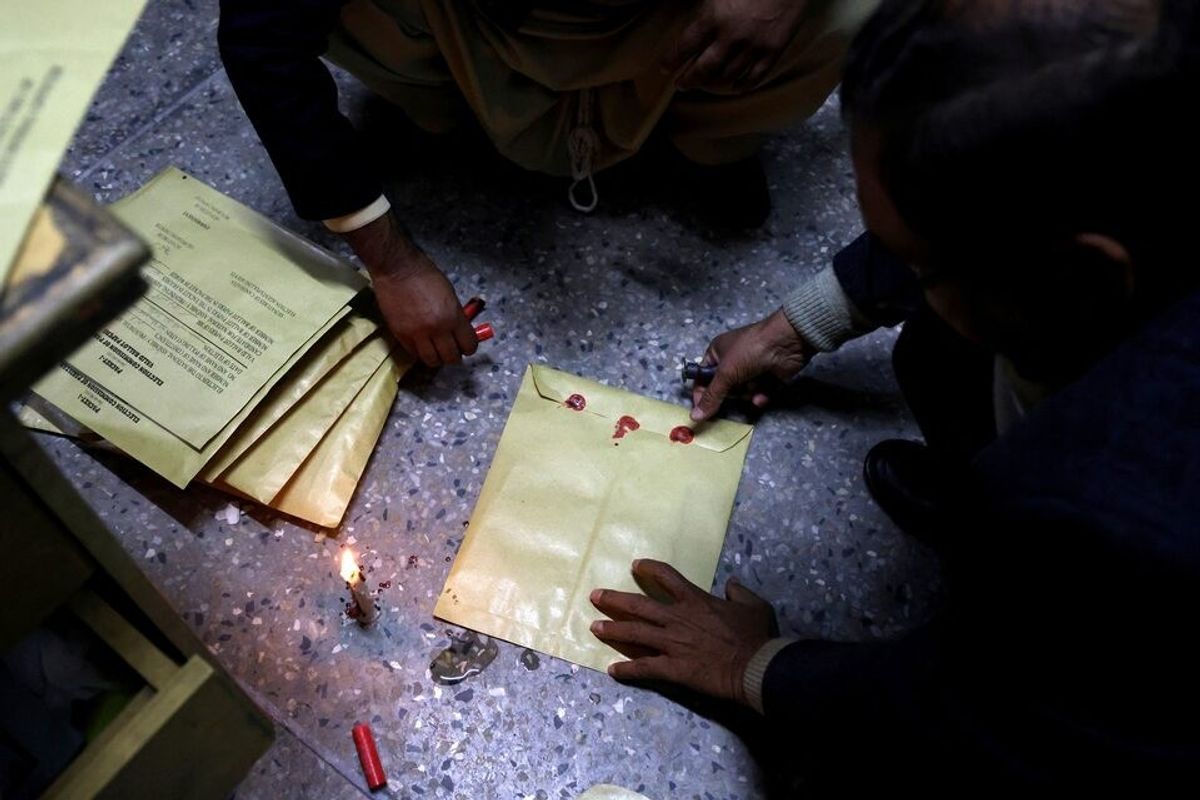
Eighteen months after Pakistan’s general elections, more than half of all election petitions remain unresolved, raising concerns over the country’s electoral dispute resolution system.
According to data from the Free and Fair Election Network (FAFEN), only 171 of the 374 petitions—46 percent—have been decided by tribunals across Pakistan’s four provinces. The delay comes despite Section 148(5) of the Elections Act, 2017, which mandates resolution within 180 days.
Between April 21 and July 31, 2025, tribunals ruled on just 35 cases, highlighting the slow pace of proceedings.
Provinces show uneven progress
Balochistan leads with an 85 percent resolution rate of its 52 petitions. Punjab has resolved 49 percent of 192 cases. Khyber Pakhtunkhwa and Sindh lag behind, with only 28 percent and 25 percent resolved, respectively.
Election law requires tribunals to proceed without adjournments exceeding seven days. Yet, 62 percent of National Assembly petitions and half of provincial assembly petitions are still pending.
Analysts say the delays threaten to erode public confidence in an already polarized political climate where rigging allegations are widespread.
PTI leads legal push
Most petitions—55 percent—were filed by independent candidates backed by the Pakistan Tehreek-e-Insaf (PTI), which won the most National Assembly seats in the February 8, 2024, elections.
Despite that, only three PTI-backed petitions—all from Balochistan provincial constituencies PB-44, PB-45, and PB-36—have been accepted. Of the 171 decided cases, 168 were dismissed, with 48 percent deemed non-maintainable and 13 percent rejected for lack of evidence.
PTI’s legal efforts are unfolding alongside what the party claims is state-led persecution. After the May 9, 2023, protests—triggered by Imran Khan’s arrest—many PTI supporters were charged in connection with attacks on military installations.
PTI leaders argue that these legal pressures, along with the mass dismissal of election petitions, reflect institutional bias.
Of the 84 tribunal decisions appealed to the Supreme Court, only three have been adjudicated. One was overturned, two upheld, and 81 are still pending—21 from NA constituencies and 50 from PA contests.
Structural inefficiencies persist
FAFEN attributes Balochistan’s efficiency to its tribunals being led by active high court judges, who kept up the pace despite winter vacations from December 2024 to February 2025.
Punjab, with the largest caseload, made progress in Lahore and Bahawalpur. But earlier legal challenges to tribunal appointments caused setbacks.
In Khyber Pakhtunkhwa and Sindh, under-resourced tribunals have left petitions in limbo.
Election tribunals’ effectiveness also varies due to procedural inconsistencies and institutional disinterest, analysts say.
Analysts weigh in
Political analyst Hassan Askari told Nukta that election tribunal delays are not new.
“The same happened in 2018,” he said. “Such delays defeat the purpose of appeals, as decisions come too late to impact governance or accountability.”
Askari said appeals to high courts also suffer delays of two to three years. Since many cases are against the Election Commission of Pakistan, he said, the commission has shown little urgency in pursuing them.
He proposed increasing the number of tribunals to ease the caseload and avoid using workload as an excuse for inaction.
Political analyst Salman Ghani was more critical of the broader electoral framework.
“Pakistan’s entire electoral process is itself a question mark,” Ghani said. “Constitutionally, tribunals must resolve petitions within 120 days, but cases often remain undecided for years—even past a government’s term.”
Ghani cited several causes: powerful winning candidates using delaying tactics, pressure on losing candidates to withdraw, and stay orders issued to stall proceedings.
He added that tribunal judges, already burdened with high court duties and lacking incentives, show little interest in concluding cases.
“The system must strictly enforce the 120-day limit,” Ghani said. “Otherwise, this culture of delay will never end.”
International concern
Observers from the United States, the United Kingdom, and the European Union raised concerns about the 2024 elections, pointing to curbs on free expression and alleged military interference.
Public protests continue in areas like Balochistan and Khyber Pakhtunkhwa, where political tensions, economic hardships, and insecurity converge, compounding the governance crisis stemming from unresolved election disputes.


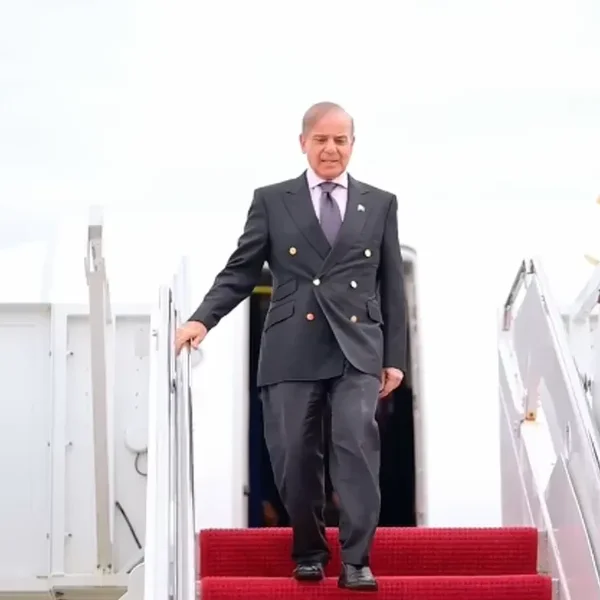

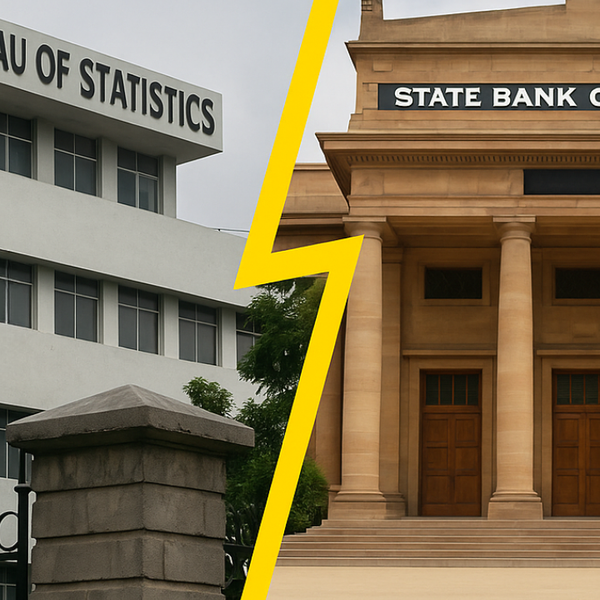


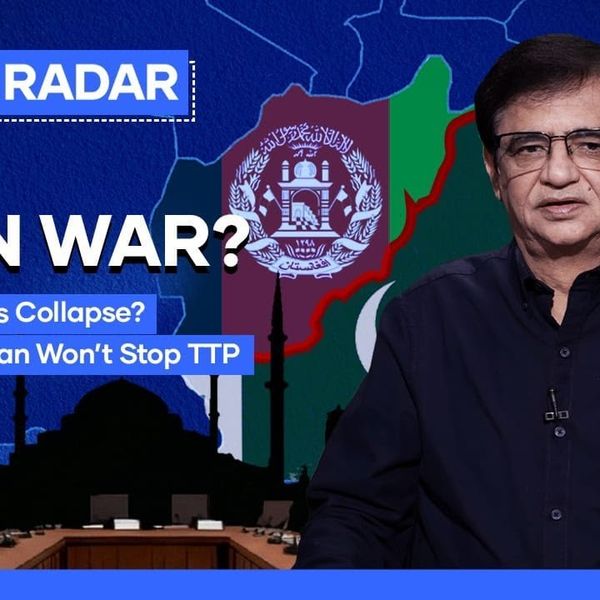
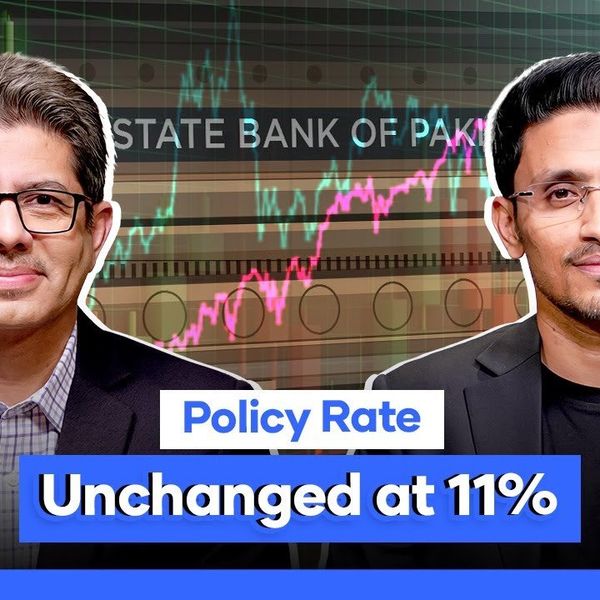

Comments
See what people are discussing